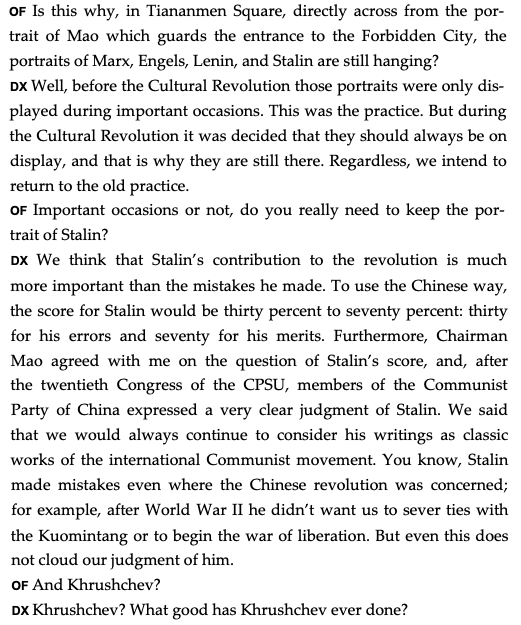"Had Mao died in 1956, his achievements would have been immortal. Had he died in 1966, he would still have been a great man but flawed. But he died in 1976. Alas, what can one say?"
These are the famous words of Chen Yun. And they got me wondering. What if Mao really had died in 1956? Who might succeed him? What course might China take without him? Would China have avoided tragedies and disasters like the Great Leap Forward and the Cultural Revolution? And what might China look like today?
These are the famous words of Chen Yun. And they got me wondering. What if Mao really had died in 1956? Who might succeed him? What course might China take without him? Would China have avoided tragedies and disasters like the Great Leap Forward and the Cultural Revolution? And what might China look like today?
